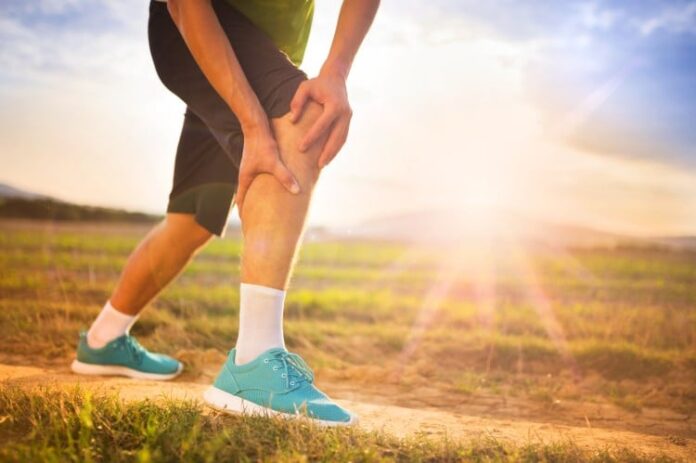If you are a very active person, sustaining an injury can be disappointing and frustrating. While many athletes can handle the physical pain of a major injury, the situation means that they will have to be on the sidelines for a while, and that can be disheartening.
Unfortunately, tissue injuries need rest, proper nutrition, and reconditioning to heal properly. But, there is no designated period of time for the process.
However, if you have a basic knowledge of your body, you can provide it with the care and nourishment that it needs to mend itself as fast as it can. As such, here are five ways to speed up your recovery:
1. Add More Protein to your Diet
Recovering from an injury is really not unlike training for your sport. This is because you, unfortunately, damaged soft tissue, and, as it recovers, it will need to knit back together. Strength-building exercises like weight lifting work the same way. They are meant to stretch muscles to their limits, and then the body works to re-knit them.
As you know, you have to take time off from strength-building exercises to achieve optimal results. And, when you are in the midst of taking that break from your routine, your trainer will probably recommend that you fill up on proteins.
Protein is what muscles are made from, and if you consume enough of it, you will build more muscle naturally. It also helps to rebuild damaged soft tissues, since they are also made from protein.
As such, eating protein-packed foods helps tremendously in bouncing back from an injury. Your body will use the material to repair the wounded tissues so you can heal. Of course, choosing lean, healthy proteins is the key to a quick recovery.
2. Keep yourself thoroughly Hydrated
As an athlete, you already know that keeping hydrating is the most important aspect of wellness. It is a crucial part of beating an illness or conquering a new exercise routine. However, sometimes you can forget to stay on top of your water intake when you are sidetracked by an injury.
You may not be active on the court or on the field right now, but your body is still working overtime to repair your injury by developing new tissues. Hydration is pertinent in helping your body do what it needs to do as quickly as it possibly can.
You should start off with plain water, but you can eventually try fruit juices to get a little variety. Try to stay away from sports drinks because they contain salt and can cause swelling. You won’t be sweating, so you won’t need the extra salt and electrolytes these beverages provide.
3. Peptides
There are two main varieties of research peptides that have been studied on mice that can speed soft tissue repair with incredible efficiency. These are the TB-500 and the BPC-157 types.
In addition to regular peptides, collagen peptides have also been shown to be helpful with mending soft tissue damage. That is why many physicians are recommending collagen peptides for any athlete that may be at risk for one of these types of injuries.
Collagen peptides are chains of amino acids, just like TB500 and BPC-157, but they are sourced from animals rather than sequenced by a laboratory. As such, they are available pretty much anywhere supplements are sold and they can be taken orally as pills or a liquid.
4. Try a Cardio Workout
Athletes don’t want to be relegated to sitting down and resting when they are injured. That said, they don’t have to lay on the sofa waiting for a complete recovery before they can do anything active. The body does need some time to rest and regenerate, but doing a little bit of a cardio workout a few times a week will actually help more than hurt you.
A bike ride or an intense power walk gets your adrenaline going and it can actually stimulate your immune system. Three quarters of an hour of cardio can even reduce inflammation and rebuild muscle strength.
Depending on where you are injured, you may even be able to swim or jog. However, if you really are unable to move very much, floor exercises in a comfortable pose will still promote blood flow.
5. Get a Good Night’s Rest
Sleep is super-important for healing because your body spends the time you are asleep conserving the energy it will need to recover appropriately.
While sleeping, you also break down the muscles’ lactic acid and produce HGH. These processes aid in the rebuilding of tissue.
A study has recently found that people getting between 7 and 9 hours of sleep can more easily heal minor wounds than those that are eating a balanced diet, but are sleep-deprived.
It is best to sleep as much as possible while you recover rather than just lie around. Take a nap everyday and be sure to get a full, uninterrupted night’s sleep. Spend as much time as you can sleep so your body can use the spare energy to repair itself. You also give it time to replenish it’s HGH supply.
In conclusion, it can be disappointing and boring to be sidelined by an injury, but using these five tips should get you back to running laps or hitting home runs in no time. Just be patient and let nature take its course.






















































